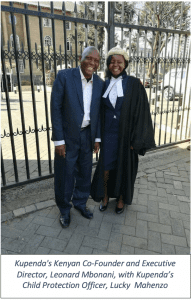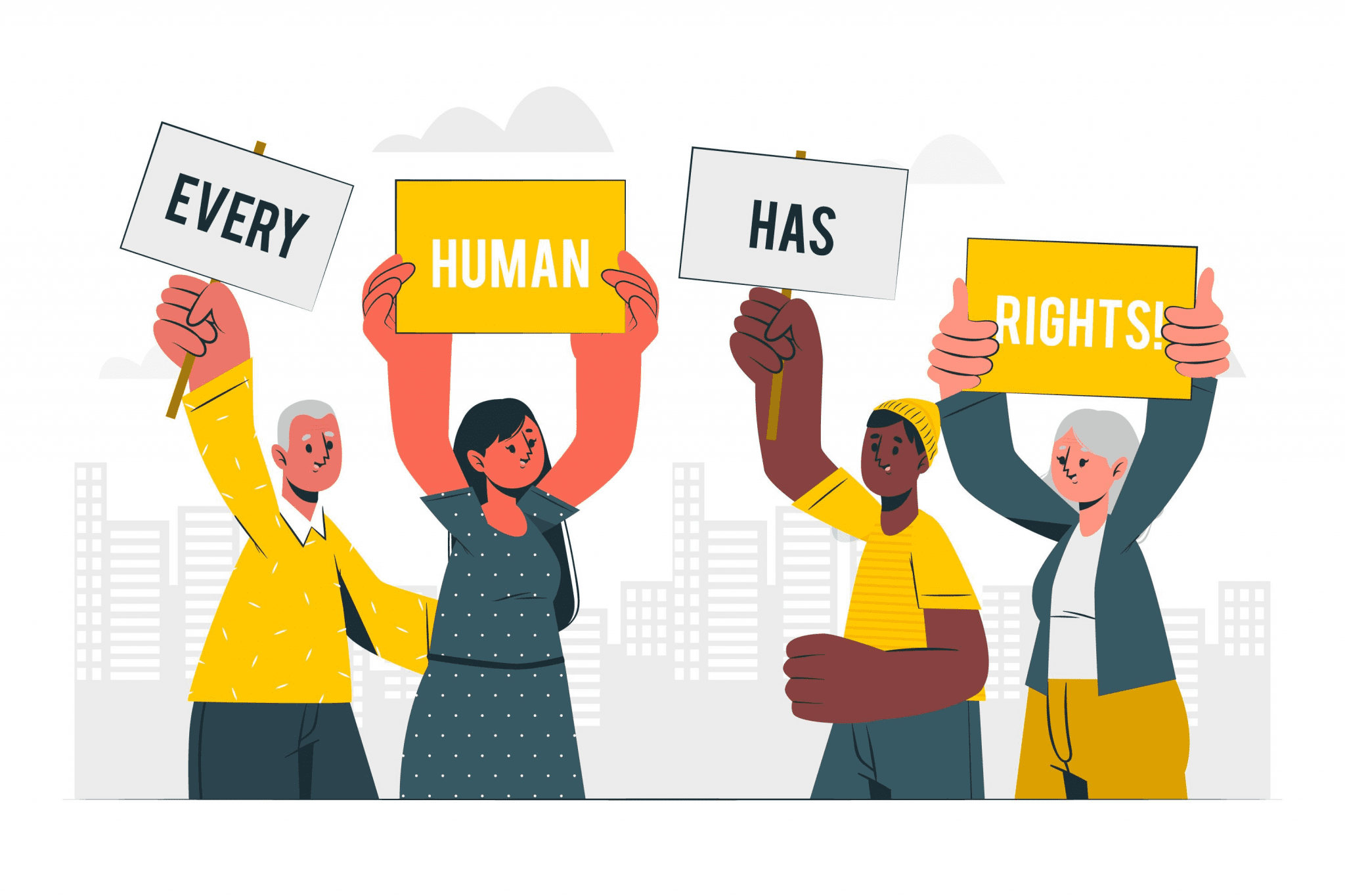When the Law Does Not Empower People with Disabilities to Make Decisions About Their Lives
by Lauren Blair
Posted on November 4, 2022
Beliefs, Child, disability, education, Health, International, marginalized, stigma, vulnerable
One of the most fundamental human rights is the ability to make decisions regarding one’s own life. Yet for many people with disabilities, this right is not fully recognized by the governments or courts of law that preside over the communities in which they live.
 The “right to legal capacity” is when a government recognizes a person’s ability to make decisions about various aspects of his or her life, including finances, property ownership, employment, marriage, parenthood, voting, and seeking justice in instances of abuse. Without these rights, there is little to prevent someone from taking advantage of another person.
The “right to legal capacity” is when a government recognizes a person’s ability to make decisions about various aspects of his or her life, including finances, property ownership, employment, marriage, parenthood, voting, and seeking justice in instances of abuse. Without these rights, there is little to prevent someone from taking advantage of another person.
In Kenya and many other low-income countries where Kupenda works, it is not uncommon to find many people with disabilities who have been neglected their right to legal capacity by their caregivers or government.
According to the Mental Disability Advocacy Centre (MDAC)’s 2014 report on a survey of Kenyan residents:
“…three quarters of [Kenyan] people with disabilities interviewed reported being denied the right to make decisions affecting their life. ”
~ Mental Disability Advocacy Centre
Support Over Substitution
The need for people with disabilities to have the right to legal capacity is reflected in the United Nation’s Convention on the Rights of Persons with Disabilities (CRPD), which recommends replacing the historical practice of substituted decision making (where people with disabilities cannot make decisions for themselves) with supported decision making (where people with disabilities can choose supporters to aid them in the decision-making process).
While numerous countries like Kenya have created legislation to adopt the recommendations of the CRPD, it is still far from fully implemented or enforced. For example, current legislation often fails to inform people with disabilities about how to access supported decision making. Many legislative systems also neglect to require that representatives for people with disabilities consider the will of those they represent.
The Role of Stigma
Negative beliefs about disability within the community also limit the use of supported decision making. Another part of the MDAC’s report states:
“People with disabilities remain vulnerable to discrimination and inequality despite their legal recognition as persons before the law. …the Kenyan government currently acknowledges that ‘disability-based discrimination is entrenched in stereotypes prevailing in Kenyan societies, which portray people with disabilities as burdens and curses, and sometimes lead to families hiding such person.’”
The Most Vulnerable
The denial of these rights is even more prevalent among women and children with disabilities. According to Kanter and Koiyiet’s research cited in Disability and Social Justice in Kenya:
“…in Kenya and elsewhere, women with a diagnosis of mental illness or intellectual disability are denied legal capacity. Without legal capacity, a woman is not considered a person under the law and cannot pursue her legal rights.”
Children with disabilities also experience this type of discrimination. According to The Children’s Act of Kenya, a family member or caretaker may assume guardianship over a youth with a disability after he or she turns 18 years old. However, the Act does not specify how the youth provides consent to such an arrangement or what to do if he or she refuses to provide consent.
Kupenda’s Legal Support Efforts
In response to these conditions, Kupenda works to help children with disabilities and their caregivers access their full human rights. Some of our recent efforts to support this work include:
- Hiring a skilled lawyer with a degree in international human rights and international law and policy to serve as our child protection officer in Kenya

- Developing and distributing a Disability Law Guide and Law Guide Summary to families and leaders throughout Kenya
- Counseling families about the legal rights of people with disabilities and their parents and caregivers
- Training community leaders about the legal rights of families impacted by disability and how to support them in accessing these rights
- Hosting stigma-reduction workshops to educate families and community leaders about disability definitions, causes, and interventions, including where to refer people with disabilities for support
- Helping people with disabilities provide feedback and recommendations to government leaders when they develop disability-related legislation
- Supporting people with disabilities in obtaining their birth certificates or ID cards, which enable them to access public schools, health facilities, and other government-provided services
- Providing economic empowerment opportunities to help people with disabilities and their caregivers develop professional skills and improve their autonomy and quality of life
These efforts not only help people with disabilities and their caregivers learn their rights but also enable them to understand when their rights are being violated and how to defend themselves. With these tools, more people with disabilities are now making decisions about their lives in a way that is increasingly being recognized by the law–not only in legislation but in everyday practice.
Want to keep updated on Kupenda’s work?
And please also sign up for our monthly newsletter and updates here.
If you’re interested in supporting one of the many children we serve, head over to our sponsorship page to learn about how you can make a difference for just $30 / month.
You can also help children with disabilities stay safe and healthy during COVID-19 by donating here.



Leave a Reply